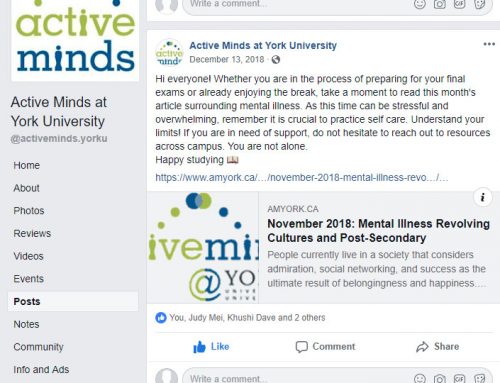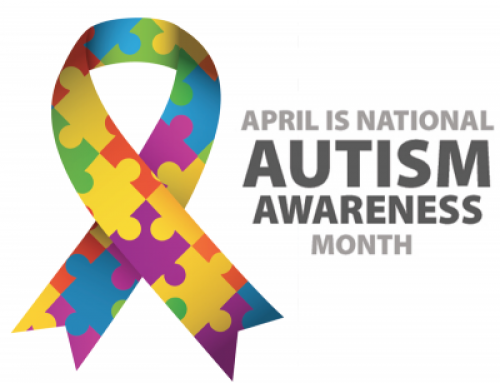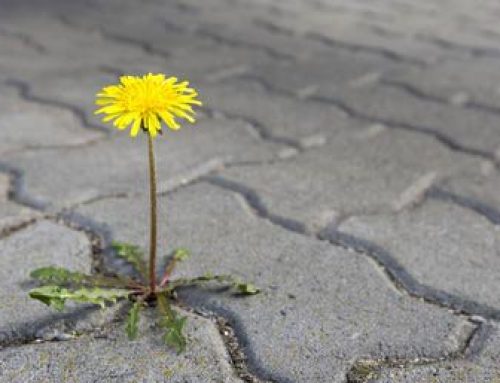“It is in your self-interest to find a way to be very tender.” – Jenny Holzer
Altruism is defined as, “caring about other people and acting in someone else’s interest”. This can be displayed by helping a friend, giving a seat to a stranger on a subway or can be more institutional such as volunteering for a non-profit organization. In a culture that prizes individualism and the accomplishment of your own goals, it may seem irrelevant to a person’s life to consider altruism. As it is true that every one is coping with their own problems and struggles. It can seem overwhelming to want to think outside of your own self-interest when your own problems seem innumerable.
However, in a study looking at happiness in individuals, psychologists conducted an experiment. To paraphrase, psychologists lent participants twenty dollars. One group was told to spend the twenty dollars on themselves. The other group of people were told to spend the twenty dollars on someone else. This could be in the form of a present for someone, or paying for strangers coffee’s etc. Then after they measured each individual’s subjective level of happiness via self-rated survey and compared the two groups. The groups who spent the money on someone else rated themselves happier, even two weeks afterwards.
It has also been found with psychological experiments, that when an individual preforms an altruistic act, even if they were told to do so by the experimenter, they are significantly more likely to preform another altruistic act within the next three months on their own volition. This is because, as hypothesized by psychologists, that the feelings of happiness associated with preforming altruism create a feedback loop. Those who are happy are more likely to act altruistically, and acting altruistically makes people happier. By preforming an altruistic act, people start to form their identity around ‘being a good person’ and want to reinforce this belief by behaving altruistically in the future.
So not only is it beneficial to be kind on moral grounds, but in terms of psychological health it has benefits. Along with subjective happiness, it can reduce stress, and reduce feelings of isolation and alienation. As once someone feels a part of a community through volunteering or through their recreational activities, it is less likely someone will feel isolated.
Of course, not everyone has the monetary means to help other people, and most people aren’t in psychological experiments where they are given money to spend on strangers. However, there are many ways you can act altruistically within your own close circle of loved ones. Being more patient even when you’re angry, or listening more and assuming less is always a good start.



























